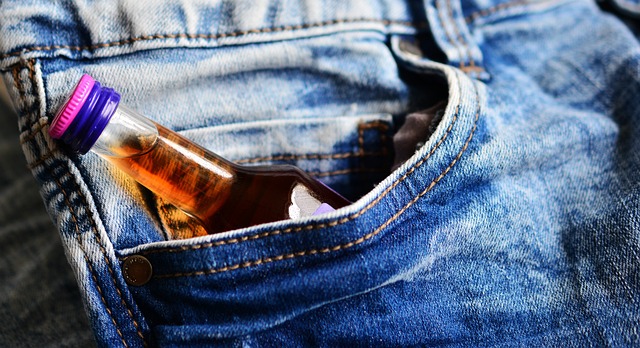Substance abuse is the excessive use of psychoactive drugs, such as alcohol, pain medications, or illegal drugs.
It can lead to physical, social, or emotional harm. Substance abuse refers to the harmful use of substances, including alcohol and drugs.
One of the main impacts of drug use on society is the negative health consequences experienced by its members.
Drug use also puts a heavy financial burden on individuals, families and society. Families are made up of individuals who take on specific roles.
For instance, most experts agree that a healthy family is one in which all members feel safe and secure, and each person’s needs are met appropriately.
Parents model appropriate behaviors so their children can follow suit.
Because addiction is a family disease, substance use by one family member can wreak havoc on the entire family ecosystem.
A person’s active substance use often disrupts family roles and relationships, interferes with interpersonal communications, and has a profound emotional and psychological impact on everyone close to the person especially spouses and partners, parents, and children.
People use substances for many reasons, they want to feel good, stop feeling bad, or perform better in school or at work, or they are curious because others are doing it and they want to fit in. This reason is very common among teens.
Substances excite the parts of the brain that make you feel good. But after you take a drug for a while, the feel-good parts of your brain get used to it. Then you need to take more of the drug to get the same good feeling. Soon, your brain and body must have the drug just to feel normal. You feel sick, awful, anxious, and irritable without the drug.
You no longer have the good feelings that you had when you first used the drug.
This is true if you use illegal drugs or if you misuse prescription drugs.
Misuse includes taking a drug differently than how your doctor tells you to or taking someone else’s prescription, or taking it just to get “high.”
In order to stop substance, abuse you need to understand your triggers.
A trigger is anything that makes you feel the urge to go back to using drugs.
It can be a place, person, thing, smell, feeling, picture, or memory that reminds you of taking a drug and getting high.
A trigger can be something stressful that you want to escape from.
It can even be something that makes you feel happy.
People fighting addiction need to stay away from the people and triggers that can make them start using drugs again!
People who have stayed sober for a while, either because they were in jail or in treatment, should know that they are at a high risk of overdose if they relapse and take the same amount of drug they used to.
Their cravings may not have decreased, but their tolerance has, meaning their body can’t handle high doses of the drug anymore.
Without immediate treatment, overdose often leads to death. If your home is an unhappy place, or was when you were growing up, you might be more likely to have a drug problem.
When kids aren’t well cared for, or there are lots of fights, or a parent is using drugs, the chance of addiction goes up.
Mental health problems. People who have untreated mental health problems, such as depression or anxiety, or (ADHD) are more likely to become addicted.
They might use drugs to try to feel better. Trouble in school, trouble at work, trouble with making friends. Failures at school or work, or trouble getting along with people, can make life hard.
You might use drugs to get your mind off these problems. Hanging around other people who use drugs might get you into trouble with drugs as well.
Starting drug use when you’re young.
When kids or teens use drugs, it affects how their bodies and brains finish growing. Using drugs when you’re young heightens your chances of becoming addicted when you’re an adult.
Your biology. Everyone’s bodies react to drugs differently.
Some people like the feeling the first time they try a drug and want more. Other people hate how it feels and never try it again. Scientists don’t have a test yet that will predict how each person will react.
People who get treatment and stick with it can stop using drugs.
They can change their lives, so they don’t go back to taking drugs.
But they have to try hard and follow the treatment program for a long time.
Recovery from addiction means you have to stop using drugs AND learn new ways of thinking, feeling, and dealing with problems.
It’s best not to use in the first place.
If you do get addicted, it’ll be a long and difficult road.
After you’ve stopped using the substance, you still have to relearn how to live without using substances.
You have to work on the problems your drug use caused with your family, your job, your friends, and your money.
You have to stay away from people you used drugs with and places where you used.
You have to learn what makes you want to take drugs again (your triggers), so you can avoid or work on those things.
You may also need treatment for problems that led to your drug use, such as depression, anxiety, or other mental health problems.


